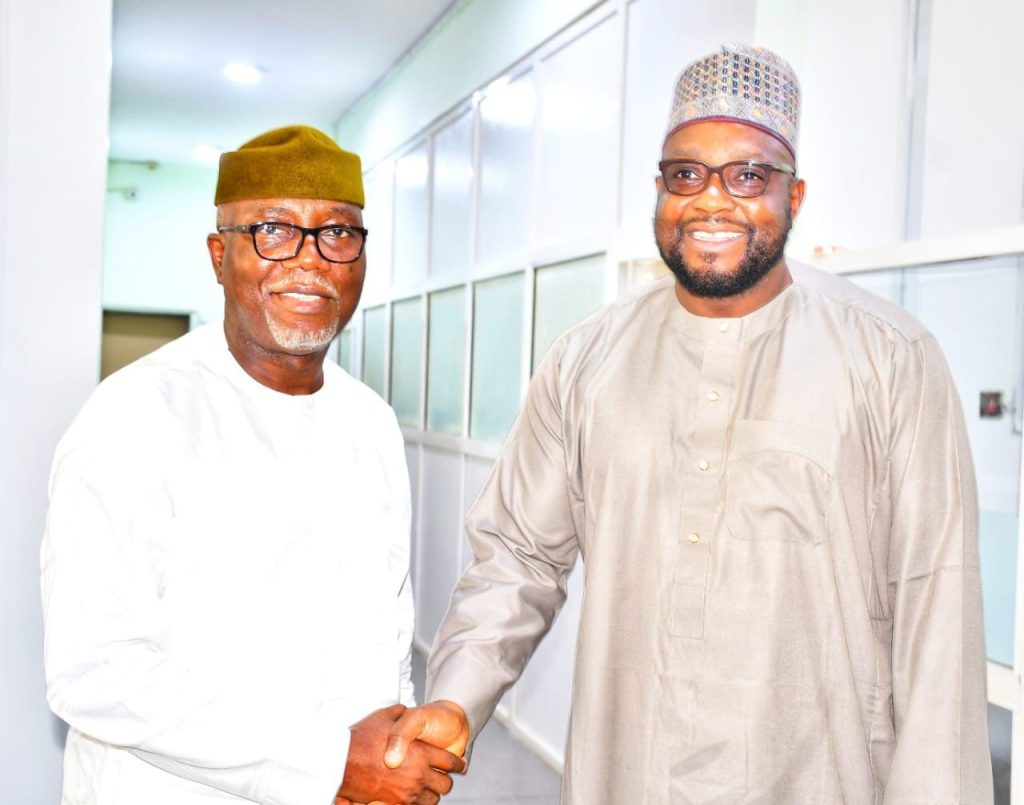Stable power vital for SMEs devt – Experts
By Francis Akinnodi
Adequate power supply has been identified as vital for Small Medium Scale Enterprises (SMEs) development as overhead cost is depleting marginal profits and working capital of businesses in the country.
Economic experts who spoke with The Hope said the cost of production and manufacturing in the real sector have become increasingly high for many companies and manufacturing industries due to the morbid state of power, infrastructure, high tariff cost and low purchasing power of consumers in the country.
According to them, “The kind of funds Small Medium Scale Enterprise (SMEs) spend on power generation every month is enormous and depleting their working capital such that the overhead cost threatens business operations.”
National President, Association of Small Business Owners of Nigeria (ASBON), Dr. Femi Egbesola, said the worsening economic situation in the country has led to the closure of more businesses because many operators had suffered persistent loss as a result of the tough economic situation.
He noted that the growth of the manufacturing sector is threatened by the failing power infrastructure, adding that businesses are folding up daily as a result of the disruptions affecting the industrial sector.
Egbesola revealed that the manufacturing sector is threatened by forces beyond its control from the inflationary pressures, electricity tariff cost, supply gaps, unavailability of raw materials, forex constraints and poor research methodology to facilitate trade and investments.
An economist, Dr. Timothy Awe said there is a yearning need to invest in the power infrastructure in the county’s economic hub to capitalize stronger economic activities and improve the capacity of the economy to increase efficiency and productivity in critical sectors of the economy.
He expressed confidence that investments in the power sector would reduce the cost of doing business in the country by ensuring that government eliminates expenditures that is hampering critical sectors of the economy, especially the domestic refinery because they are not supporting activities to produce without encumbrance.
“The energy infrastructure as one of the critical and starting point for the Central Bank of Nigeria (CBN) to take away subsidy on petroleum products. We would continue to see marginal improvement in the economy, but it’s not going to be strong enough.
“There is weak portfolio investment, inflation, unemployment, FX constraints, unavailability of raw materials and a limited number of petroleum Investment in the country,” he stressed.
A business man, Adedayo Ajayi disclosed that, until Nigeria addresses the tariff issues in the power sector, no serious investor would finance any infrastructure in the power sector.
“There is a major disconnect between collections and distribution, leading to serious shortfalls. If you want investors to invest in the power sector, they would need some level of confidence that they would get their money back.
“Right now, we don’t have a system that gives that guarantee to investors. Government no doubt, has limited financial capacity to address infrastructure issues in the power sector.
“It is fiscally stranded to address major electricity infrastructure. So, there is a need to create environment for private players to participate actively in driving the sector to a sustainable level. Investors need confidence on capital and return on investment,” he noted.









